I am trying to understand the time complexity.Someone here mentioned that the time complexity is O(n) , please find the image below: Since it's N(N+1)/2 , shouldn't it be O(n^2) as N(N+1) are in multiplication? Please correct me if I have misunderstood something.
